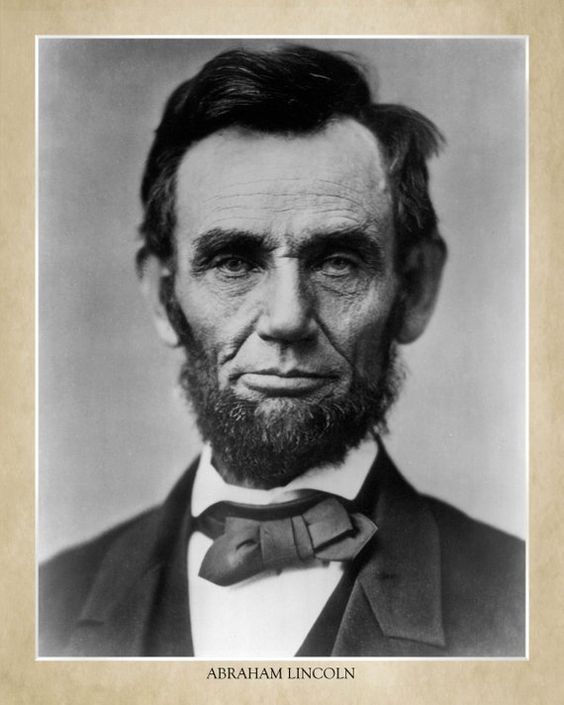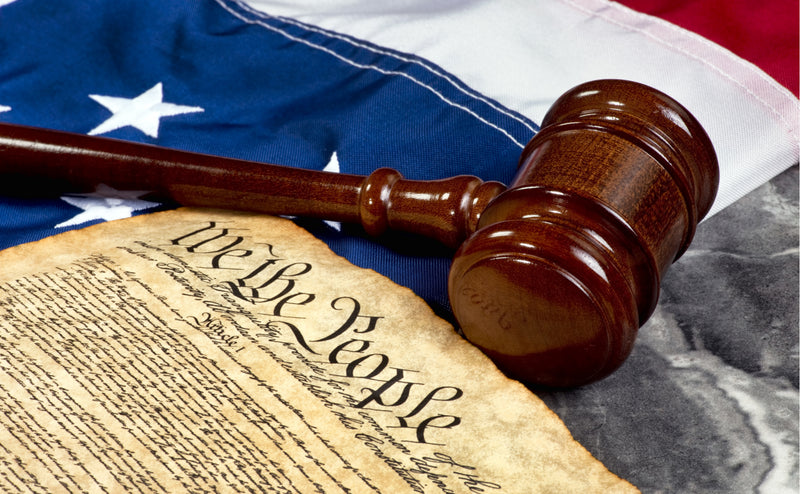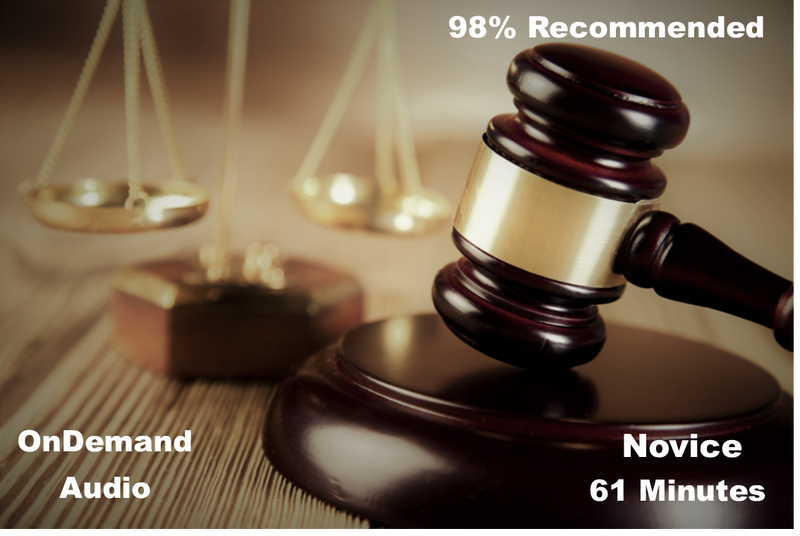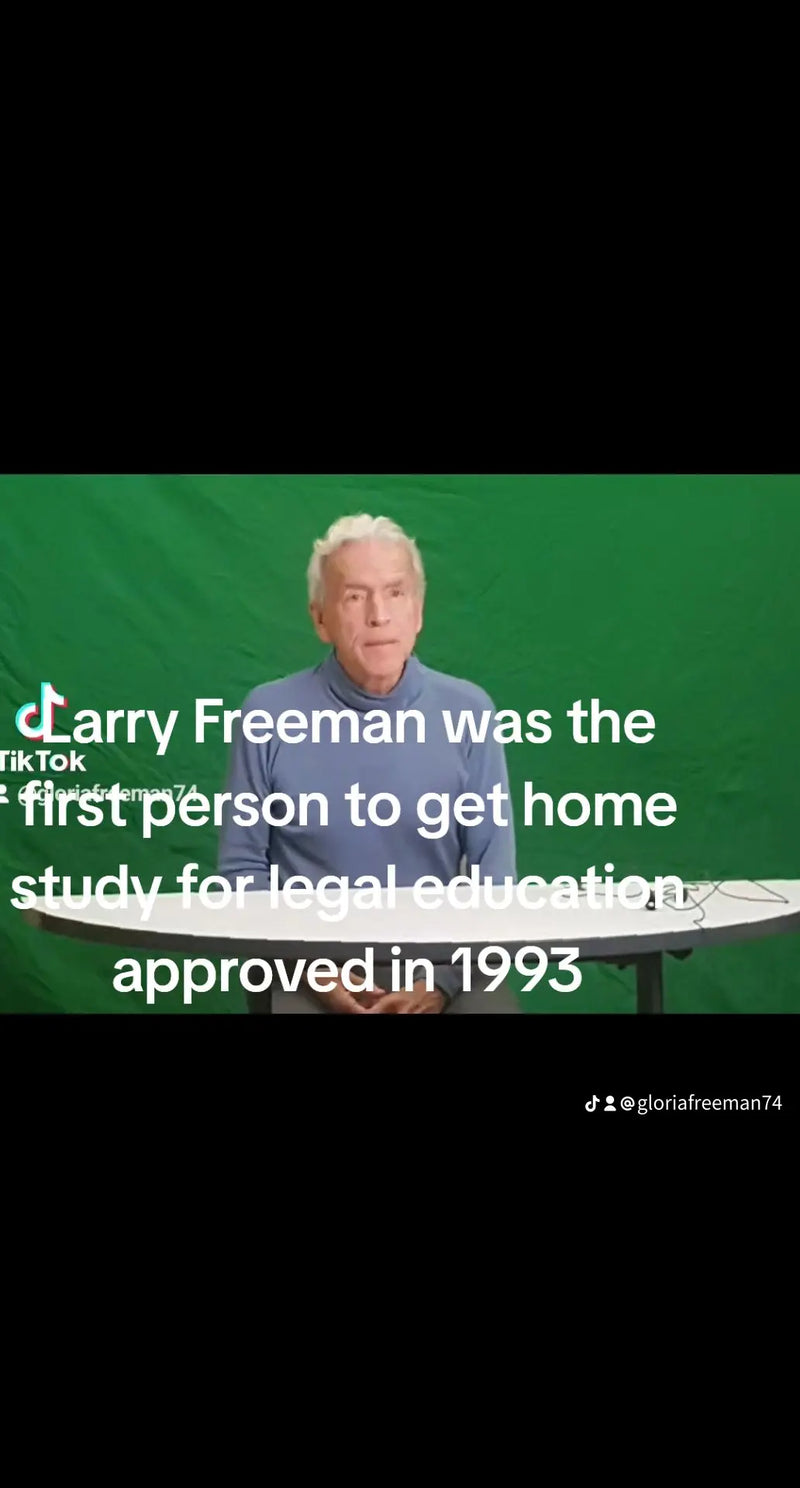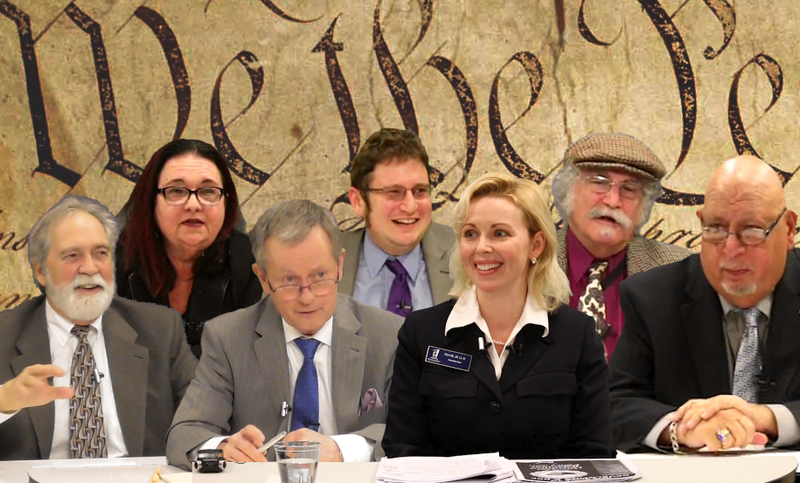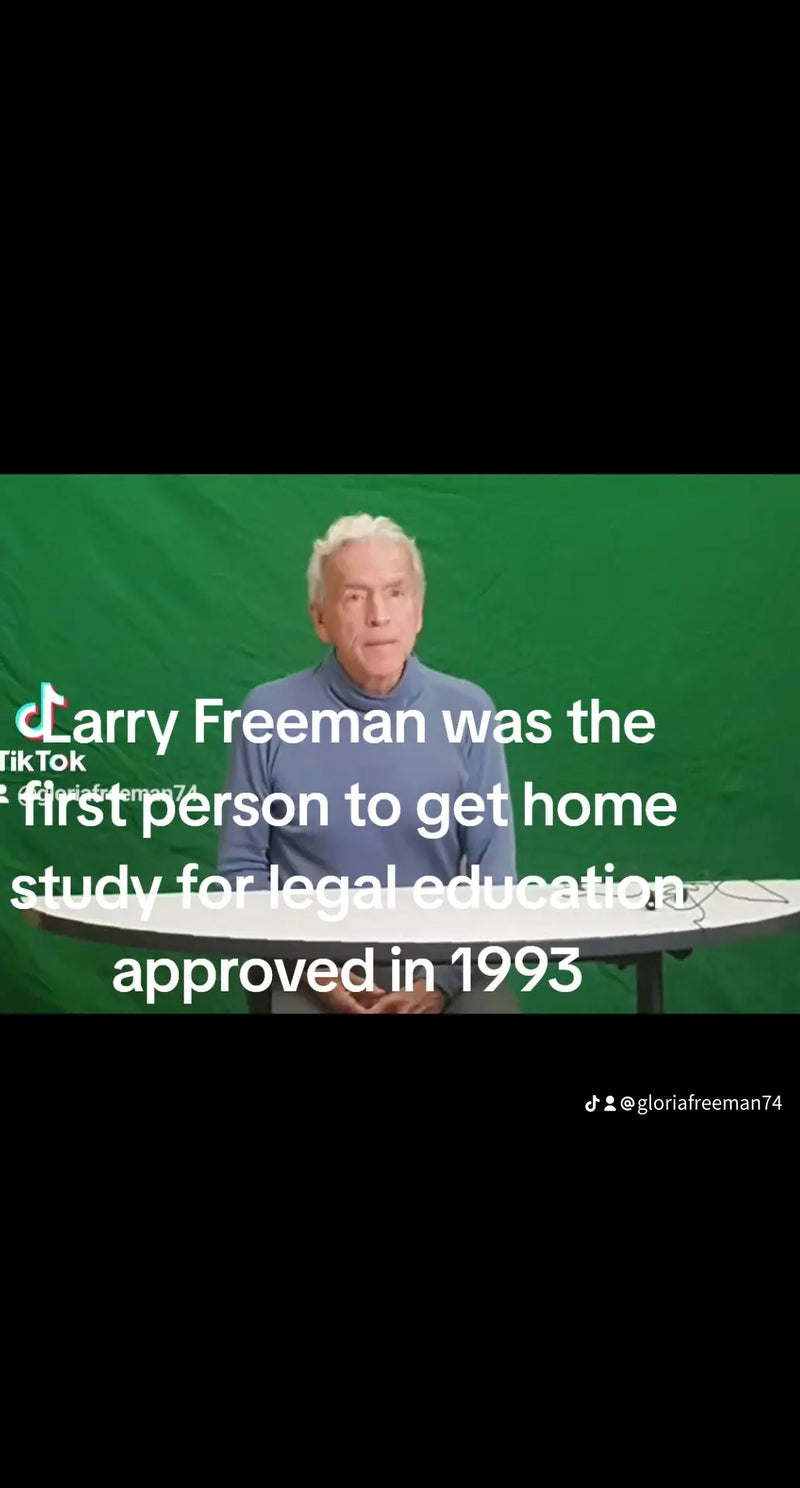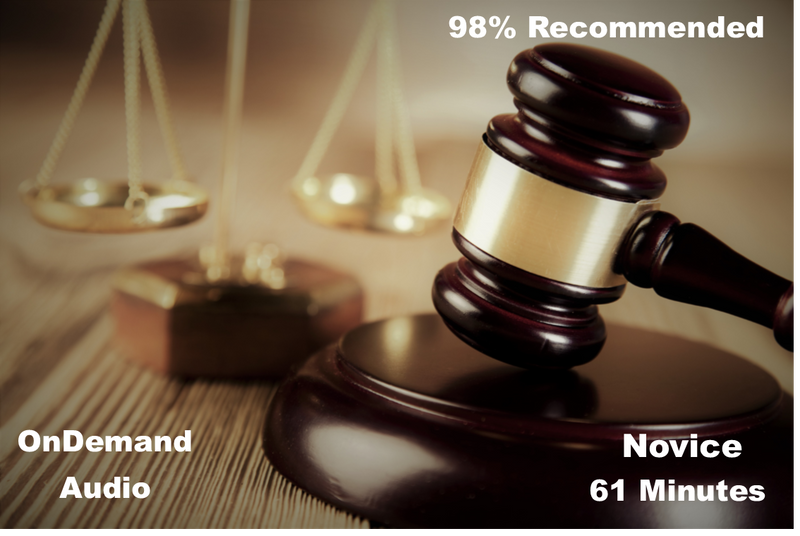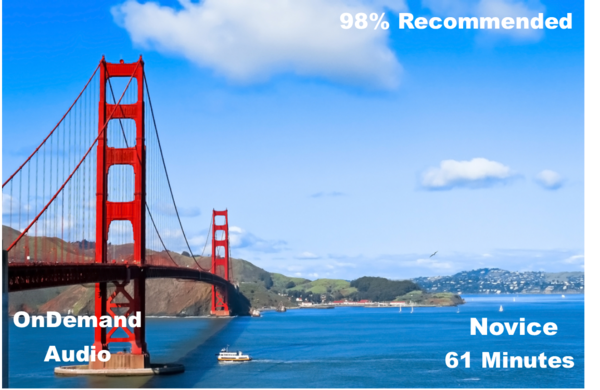- Home
- Course #338- Chamber Of Commerce V. Brown: Labor Law - MP3
Course #338- Chamber Of Commerce V. Brown: Labor Law - MP3
Click the links below to download log sheets.
CALIFORNIA LOG SHEETS
Page 1 of 4
Page 2 of 4
Page 3 of 4
Page 4 of 4
Related Products
26 Unit CLE CD Bundle - 650 SERIES

26 Unit CLE CD Bundle - 650 SERIES
$ 399.00
26 Hour CLE Package Includes 4 Ethics, 1 Competency/Substance Abuse and 1 Bias Bundle 650 Series 26 hours MCLE Credit 602 William Orr Workers Compensation: Case Review Update 603 Joel Primes Ethics: Hulk Hogan, Internet Privacy & the 1st Amendment 605 Jayson Javitz Corporate Law: Revised Uniform Limited Liability Act 606...
26 Unit CLE CD Bundle - 600 SERIES

26 Unit CLE CD Bundle - 600 SERIES
$ 399.00
26 Hour CLE Package Includes: 4 Ethics, 1 Competency/Substance Abuse and 1 Bias Bundle 600 Series 26 Hours of MCLE Credit 507 Judge Joel Primes Ethics: Practice Law with Integrity, A Judges View 509 Emma Forrest Bias: Harassment, Retaliation, Discrimination (Transgender) 513 Robert Fong Bankruptcy Law: Chapter 7 Overview 515 Jeff Ersk...
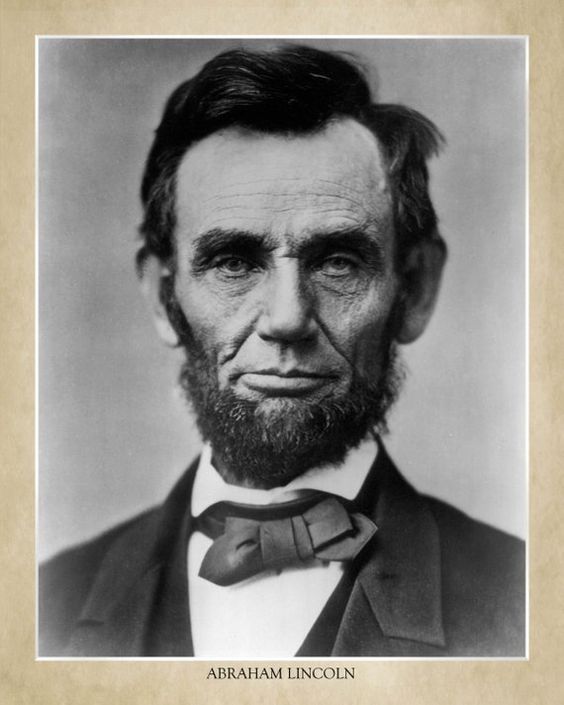
#1 675 Series.. 26 Unit CLE CD Bundle - 675 SERIES---All New---
$ 399.00
26 Hour CLE Package Includes 4 Ethics, 1 Competency/Substance Abuse and 1 Bias Bundle Course 641 Personal Injury Law: Telling Your Client's Story David Asch Esq Course 648 Buying and Selling a California Law Firm Speaker Stephen Beede Esq Course 543 Real Estate Law: Partition Sales and Accounting Speaker Stephen Beede Esq ...
26 Unit CLE CD Bundle - 445 SERIES
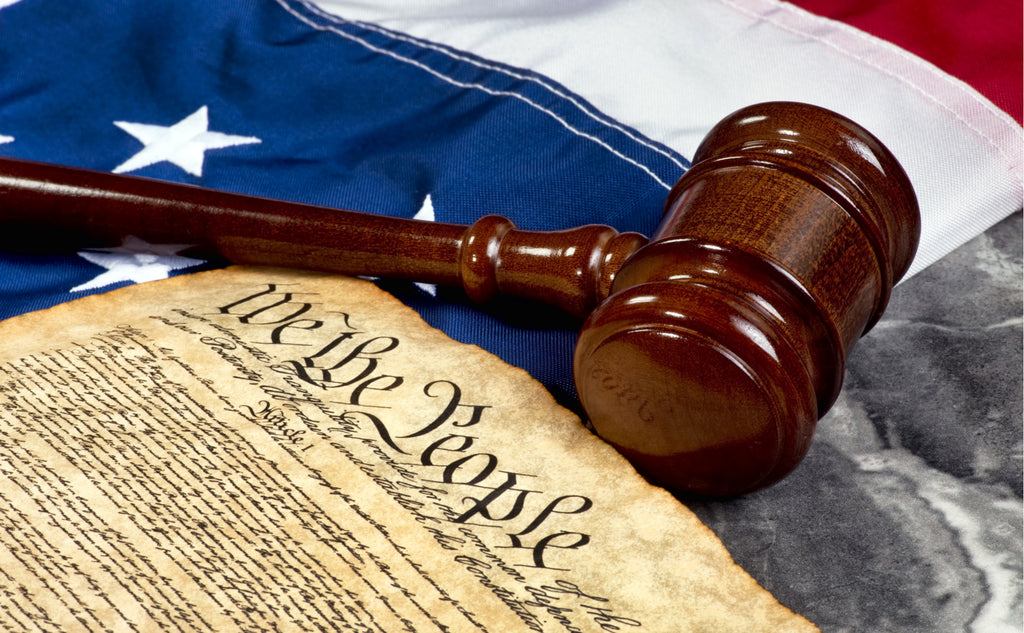
26 Unit CLE CD Bundle - 445 SERIES
$ 399.00
26 Hour CLE Package Includes: 4 Ethics, 1 Competency/Substance Abuse and 1 Bias Bundle 445 Series 26 Hours of MCLE Credit 401 Richard Armstrong Overview of Indian Gaming 402 Charles Bates Cash Transaction Reporting, Anti Moneylaundering and Terrorist Financing 403 Laura Lagge Substance Abuse: The Disease Model 404 Jesse Posner Format...
26 Unit CLE CD Bundle - 545 SERIES

26 Unit CLE CD Bundle - 545 SERIES
$ 399.00
26 Hour CLE Package Includes Ethics: Practice Law with Integrity, A Judges View 507 Bias: Harassment, Retaliation & Discrimination (Transgender) 509 Bankruptcy Law: Chapter 7 Overview 513 Human Trafficking 514 Substance Abuse & Legal Competence 515 Labor Law: Conflict in Labor & Discrimination Casework 516 Real Esta...
26 Unit CLE CD Bundle - 345 SERIES

26 Unit CLE CD Bundle - 345 SERIES
$ 399.00
26 Hour CLE Package Includes 4 Ethics, 1 Competency/Substance Abuse and 1 Bias Bundle 345 Series 26 Hours of MCLE Credit Substance Abuse: Are You Drug Dependent? 277 Effective Estate and Tax Planning 302 Essential Keys to Probate: Calendar Notes to Judgement 303 How to Successfully Handle a Personal Injury Case 304 Critical Ess...
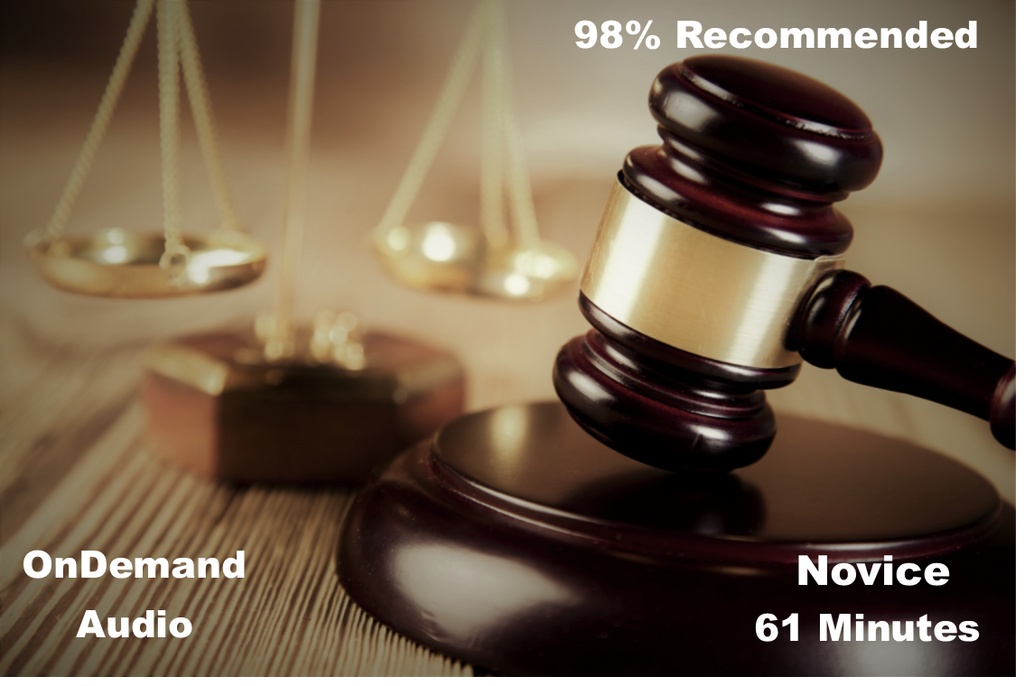
A+ $399.00 Special On Demand Livestream, 25 hours Your Pick from nearly 100 hours of our MCLE Courses
$ 399.00
Choose any 25 hours from our recent Livestream of over 100 on demand MCLE videos. This includes 4 hours of ethics, 1 substance abuse/competency and 1 bias. (You will receive an email after your order has been placed. The email will include a link to a video archive. There you may choose your courses.) Some of our courses include the following: C...

#1 2024 CD Bundle all new. 750 Series
$ 399.00
750 series 25 hours 4 Ethics 1 Elimination of Bias 1 Implicit Bias 1 Competency 2 Cybersecurity 2 Technology & the Law 1 Civility online 1 Competency online _________________________________________ Course 723 SCOTUS 2 hours New York State Rifle vs Bruin Course 725 ___________________________________________________ SCOTUS Dobbs vs Jackson 1...
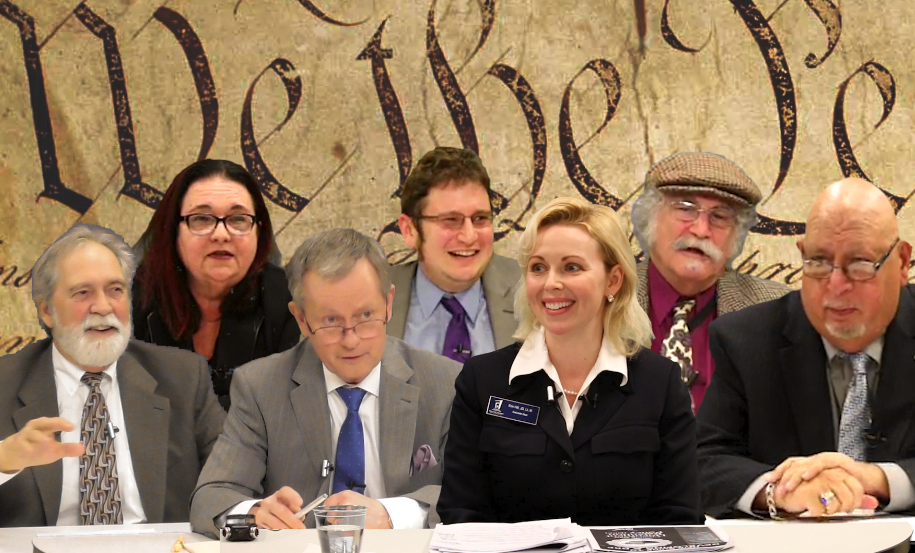
#1 26 unit CD bundle 700 Series...All in One MCLE CDs..New
$ 399.00
700 series 26 hrs of mcle 4 Ethics 1 Elimination of Bias 1 Implicit Bias 1 Competency cds available 701 Worker's Compensation Update 702 Covid-19 Stay at Home Orders 703 Competency Cell Phone Addiction 704 Covid-19 Vaccine Mandates 706 Elimination of Bias Transgender 707 Law Practice Management: Public Speaking 708 Covid-19 Vaccine Mandates Scot...
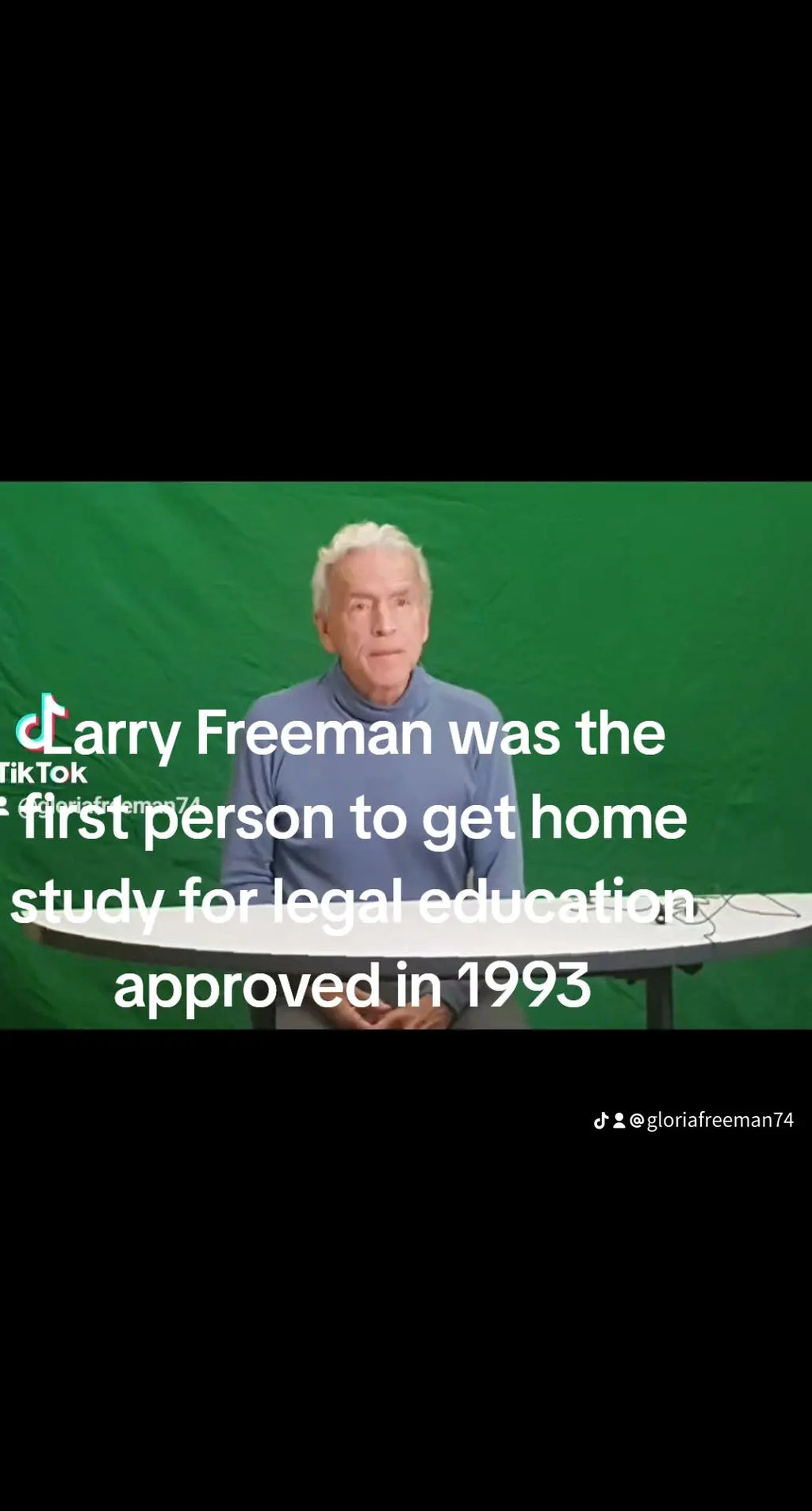
#1 2025 CD 26 hour Bundle all new. 775 Series
$ 399.00
775 series 26 hours 4 Ethics 1 Elimination of Bias 1 Implicit Bias 3 Competency 1 Legal Technology 1 Civility Course 765 SCOTUS 2.5 hours Trump vs Anderson Speakers Scotus ----------------------- Course 762 Immigration: Border Crises and Political Asylum 1 hour Speaker Douglas Lehrman esq ------------------- 761 New Real Estate Laws 1 hour ...
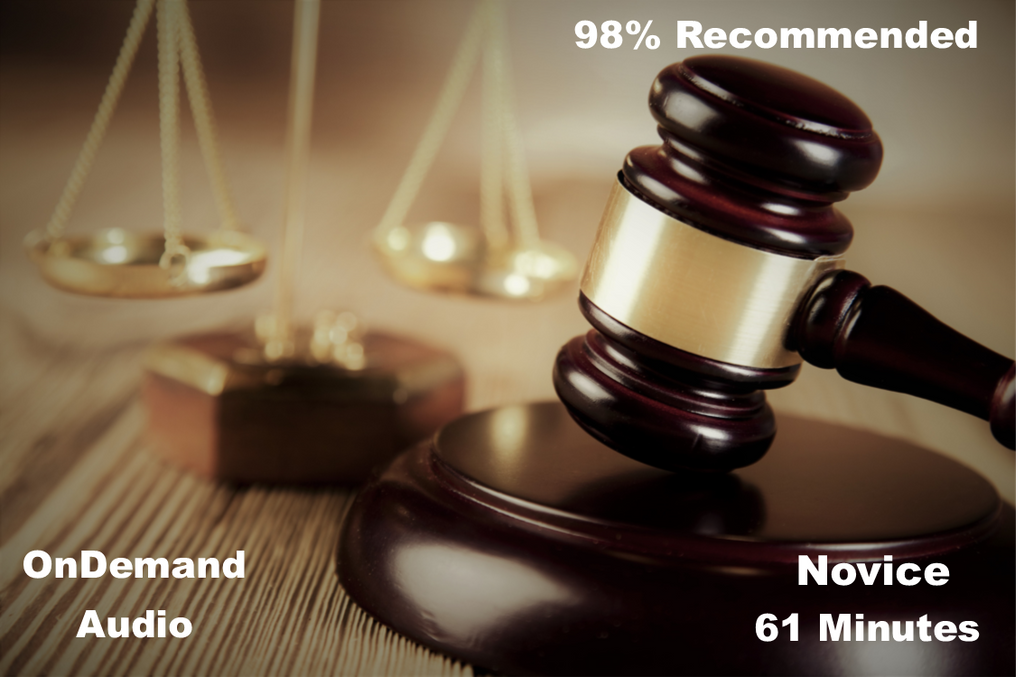
$399.00 Webinar Special, all 26 hours for $399.00
$ 399.00
Our subscription plan includes unlimited access to our webinars. Sign up today! (You will receive an email receipt after your order has been placed.) Some of our courses include the following: all new Implicit bias required courses new 700 series Course 501 Intellectual Property: World of Big Data Part 1 Course 502 Intellectual Property: W...
26 Unit CLE MP3 Bundle - 545 SERIES
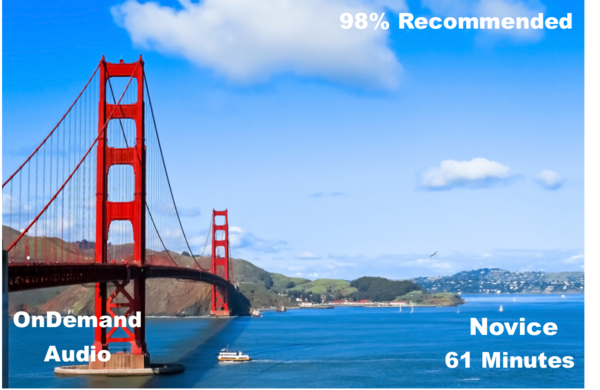
26 Unit CLE MP3 Bundle - 545 SERIES
$ 399.00
26 Hour CLE Package Includes Ethics: Practice Law with Integrity, A Judges View 507 Bias: Harassment, Retaliation & Discrimination (Transgender) 509 Bankruptcy Law: Chapter 7 Overview 513 Human Trafficking 514 Substance Abuse & Legal Competence 515 Labor Law: Conflict in Labor & Discrimination Casework 516 Real Esta...




